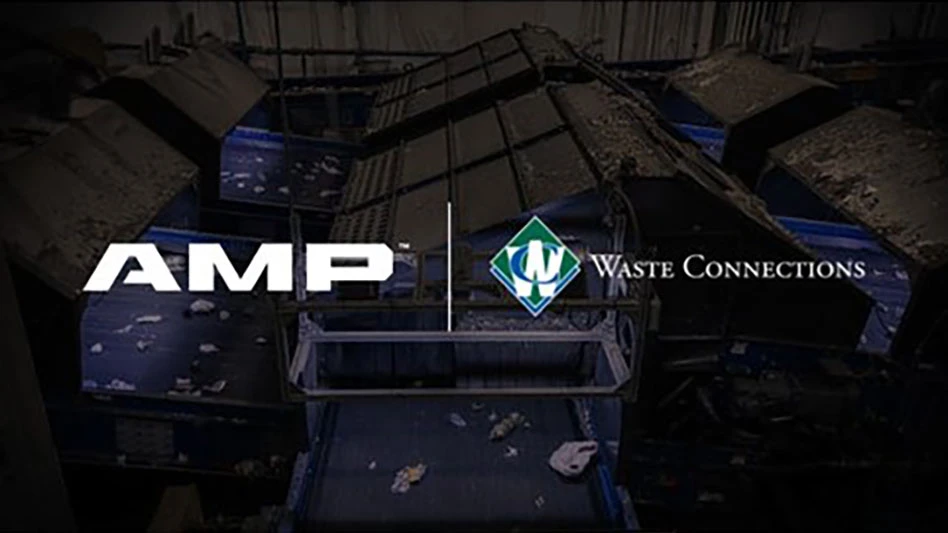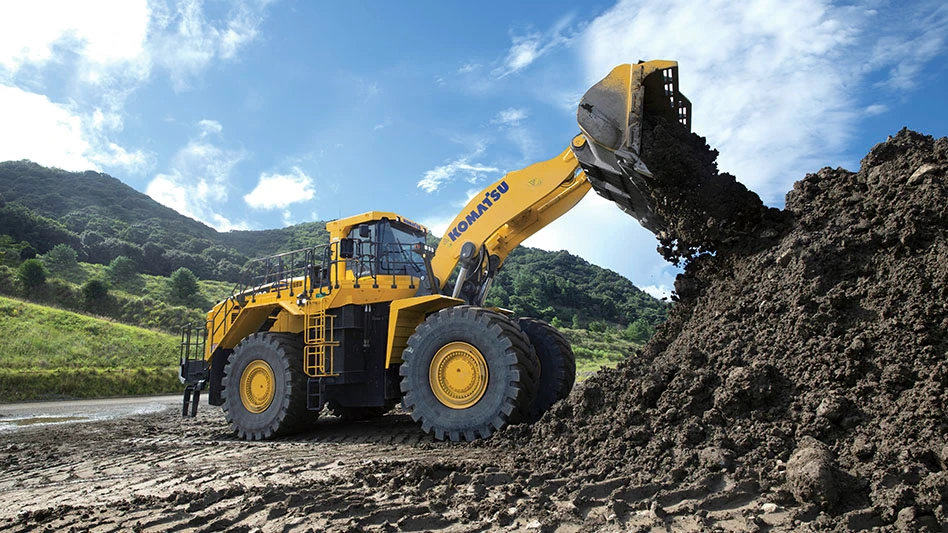Pricing for natural high-density polyethylene (HDPE) bottle bales has been on the upswing since August. Colored HDPE bottle bales also have ticked upward in price in recent months, more than doubling.
A reprocessor based on the West Coast that produces nonfood-grade pellets says postconsumer generation of HDPE bottles still seems softer than normal. “We are having trouble getting natural [bales],” says Ajit Perera, vice president of postconsumer operations at Talco Plastics Inc., Corona, California. “There is high demand for color [bales] as well.”
He says colored HDPE bottle bales have doubled in price in the last 30 days, mirroring the increase in virgin HDPE pricing.
Pricing for natural bottle bales has increased substantially since September, though only modestly from October. At roughly 60 cents per pound, the price of natural HDPE bottles is rivaling that of aluminum used beverage cans, Perera adds.
He says he expects prices for natural and colored HDPE bottle bales to remain high through the end of the year. “The question is whether it will move further up.”
Talco’s reprocessed HDPE is in demand, Perera says, though the company does not chase the spot market in most cases.
Movement of material has been hampered by issues surrounding trucking. Pricing in some lanes has increased by more than 100 percent, he says. “Almost all lanes have increased from June and July.” Perera says that while Talco first saw rates increase and supply tighten in August, in September and October, things got much worse.
He says the pandemic has reduced the number of drivers available, while some have decided they prefer to make local deliveries rather than cross state lines. Sometimes, drivers are not showing up for bookings because they were able get loads that paid more, Perera adds.
When asked how the trucking situation has affected the company’s margins, he says, “We have gotten burned so many times, we are careful how we offer material.”
Perera says he believes that brand owners will continue to demand postconsumer recycled material because they have made commitments to incorporate recycled content. “Ultimately, the accountant might make that final call,” he adds. “In most cases, postconsumer natural HDPE is twice as much as virgin.”
Also in the area of pricing, S&P Global Platts, headquartered in London, has announced that it has expanded its pricing assessments in the U.S. to encompass the full supply chain in the Los Angeles market.
In mid-November, the company launched a daily spot price assessment for recycled polyethylene terephthalate (rPET) food-grade pellets. S&P already offered virgin PET assessments on the West Coast and now offers recycled PET price assessments through all stages of the PET recycling chain, including bales and flakes.
Ben Brooks, global lead, recycled plastics, S&P Global Platts, says the company chose L.A. to launch its rPET pellet price assessment because that is where it sees market liquidity. “New legislation also fits in,” he says, referencing the state’s recently passed legislation that will require PET beverage bottles sold in the state to contain recycled content. That legislation sets a phased-in timeline of when companies must meet minimum content standards, ultimately achieving 50 percent recycled content by 2030.
In 2022, PET beverage bottles sold in California must incorporate 15 percent recycled content. “We would expect participants to ramp up some months in advance” in preparation for meeting that target, Brooks adds. “We expect demand and activity to increase in 2021. They need access to pricing data ahead of the legislation to make sure they can meet it.”
Brooks says rPET markets are becoming more global as they become more commoditized. “Local markets are not sufficient to satisfy that demand.”
He adds that S&P, which provides similar rPET value chain price assessments in Europe and a recycled flake assessment in Southeast Asia, “is well-placed to provide that global view as markets become more international.”
Despite recycled content requirements in California and the European Union, Rob Stier, a Houston-based petrochemical analyst with S&P Global Platts, says rPET will continue to be challenged by “oversupplied petrochemical markets across the board—regardless of resin. He says virgin resin prices will be under pressure for next year or two. “This makes it really difficult for mechanical recycling facilities to be competitive.”
He points to the high price of HDPE natural bales, which he says are at the same price as virgin, and that doesn’t include reprocessors’ logistics and conversion costs.
Stier says he thinks that Indorama, a global company that is based in Thailand, has the right business model, integrating from bale to rPET production in addition to its existing virgin capacity. “I don’t see how this works long term otherwise.”
He adds that the current bottleneck in the rPET chain surrounds food-grade pellet production. “We need immediate investment here,” he says, noting that two-thirds of the rPET flake that is produced goes to fiber applications, while only one-third is used for food-grade pellet production. “We have to flip as quickly as possible.”
Latest from Recycling Today
- Cown qualifies coils produced at Constellium’s new recycling center
- Ecore receives investment from low-carbon fund
- Chinese policy moves affect nonferrous markets
- Machine learning researched as battery fire detection technique
- ResponsibleSteel says global decarbonization effort needed
- Carolina Metals Group, Spartan Recycling Group to merge
- UK government backs ReCircAl project to produce aluminum extrusion billet from scrap
- Magaldi Group announces dry ash management system





